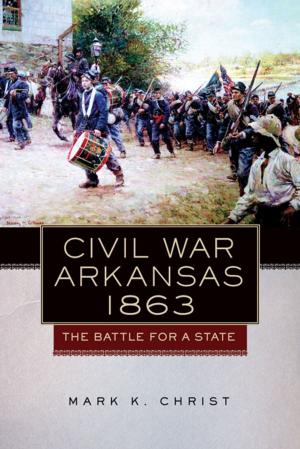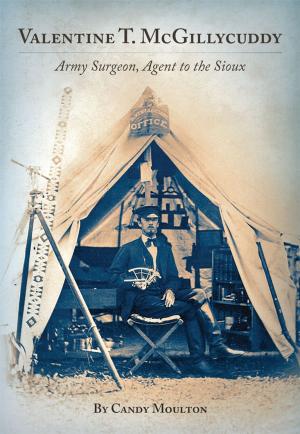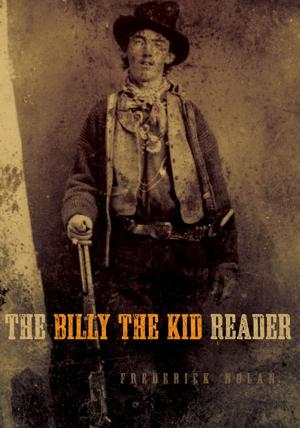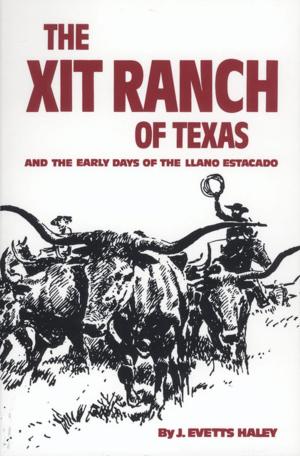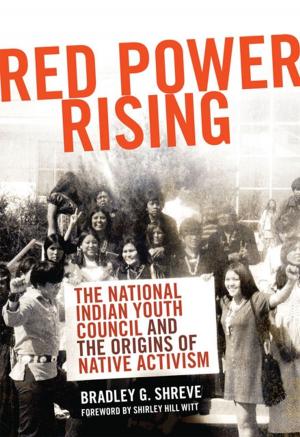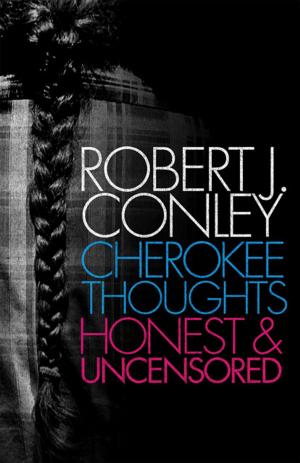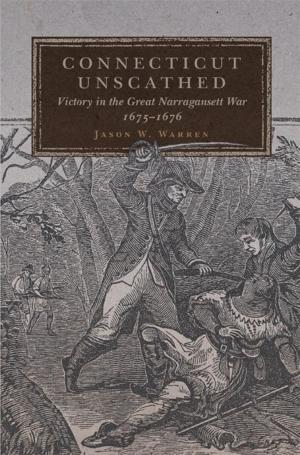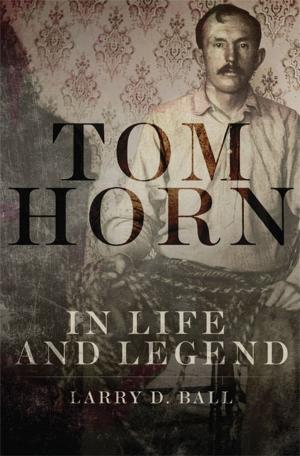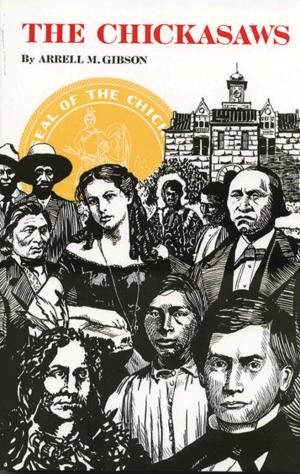Beyond the American Pale
The Irish in the West, 1845–1910
Nonfiction, History, Ireland, Americas, United States, 19th Century| Author: | David M. Emmons | ISBN: | 9780806184555 |
| Publisher: | University of Oklahoma Press | Publication: | December 13, 2011 |
| Imprint: | University of Oklahoma Press | Language: | English |
| Author: | David M. Emmons |
| ISBN: | 9780806184555 |
| Publisher: | University of Oklahoma Press |
| Publication: | December 13, 2011 |
| Imprint: | University of Oklahoma Press |
| Language: | English |
Convention has it that Irish immigrants in the nineteenth century confined themselves mainly to industrial cities of the East and Midwest. The truth is that Irish Catholics went everywhere in America and often had as much of a presence in the West as in the East. In Beyond the American Pale, David M. Emmons examines this multifaceted experience of westering Irish and, in doing so, offers a fresh and discerning account of America's westward expansion.
"Irish in the West" is not a historical contradiction, but it is — and was — a historical problem. Irish Catholics were not supposed to be in the West—that was where Protestant Americans went to reinvent themselves. For many of the same reasons that the spread of southern slavery was thought to profane the West, a Catholic presence there was thought to contradict it — to contradict America's Protestant individualism and freedom. The Catholic Irish were condemned as the clannish, backward remnants of an old cultural world that Americans self-consciously sought to leave behind. The sons and daughters of Erin were not assimilated, and because they were not assimilable, they should be kept beyond the American pale.
As Emmons amply demonstrates, however, western reality was far more complicated. Irish Catholicism may have outraged Protestant-inspired American republicanism, but Irish Catholics were a necessary component of America's equally Protestant-inspired foray into industrial capitalism. They were also necessary to the successive conquests of the "frontier," wherever it might be found. It was the Irish who helped build the railroads, dig the hard rocks, man the army posts, and do the other arduous, dangerous, and unattractive toiling required by an industrializing society.
With vigor and panache, Emmons describes how the West was not so much won as continually contested and reshaped. He probes the self-fulfilling mythology of the American West, along with the far different mythology of the Irish pioneers. The product of three decades of research and thought, Beyond the American Pale is a masterful yet accessible recasting of American history, the culminating work of a singular thinker willing to take a wholly new perspective on the past.
Convention has it that Irish immigrants in the nineteenth century confined themselves mainly to industrial cities of the East and Midwest. The truth is that Irish Catholics went everywhere in America and often had as much of a presence in the West as in the East. In Beyond the American Pale, David M. Emmons examines this multifaceted experience of westering Irish and, in doing so, offers a fresh and discerning account of America's westward expansion.
"Irish in the West" is not a historical contradiction, but it is — and was — a historical problem. Irish Catholics were not supposed to be in the West—that was where Protestant Americans went to reinvent themselves. For many of the same reasons that the spread of southern slavery was thought to profane the West, a Catholic presence there was thought to contradict it — to contradict America's Protestant individualism and freedom. The Catholic Irish were condemned as the clannish, backward remnants of an old cultural world that Americans self-consciously sought to leave behind. The sons and daughters of Erin were not assimilated, and because they were not assimilable, they should be kept beyond the American pale.
As Emmons amply demonstrates, however, western reality was far more complicated. Irish Catholicism may have outraged Protestant-inspired American republicanism, but Irish Catholics were a necessary component of America's equally Protestant-inspired foray into industrial capitalism. They were also necessary to the successive conquests of the "frontier," wherever it might be found. It was the Irish who helped build the railroads, dig the hard rocks, man the army posts, and do the other arduous, dangerous, and unattractive toiling required by an industrializing society.
With vigor and panache, Emmons describes how the West was not so much won as continually contested and reshaped. He probes the self-fulfilling mythology of the American West, along with the far different mythology of the Irish pioneers. The product of three decades of research and thought, Beyond the American Pale is a masterful yet accessible recasting of American history, the culminating work of a singular thinker willing to take a wholly new perspective on the past.


